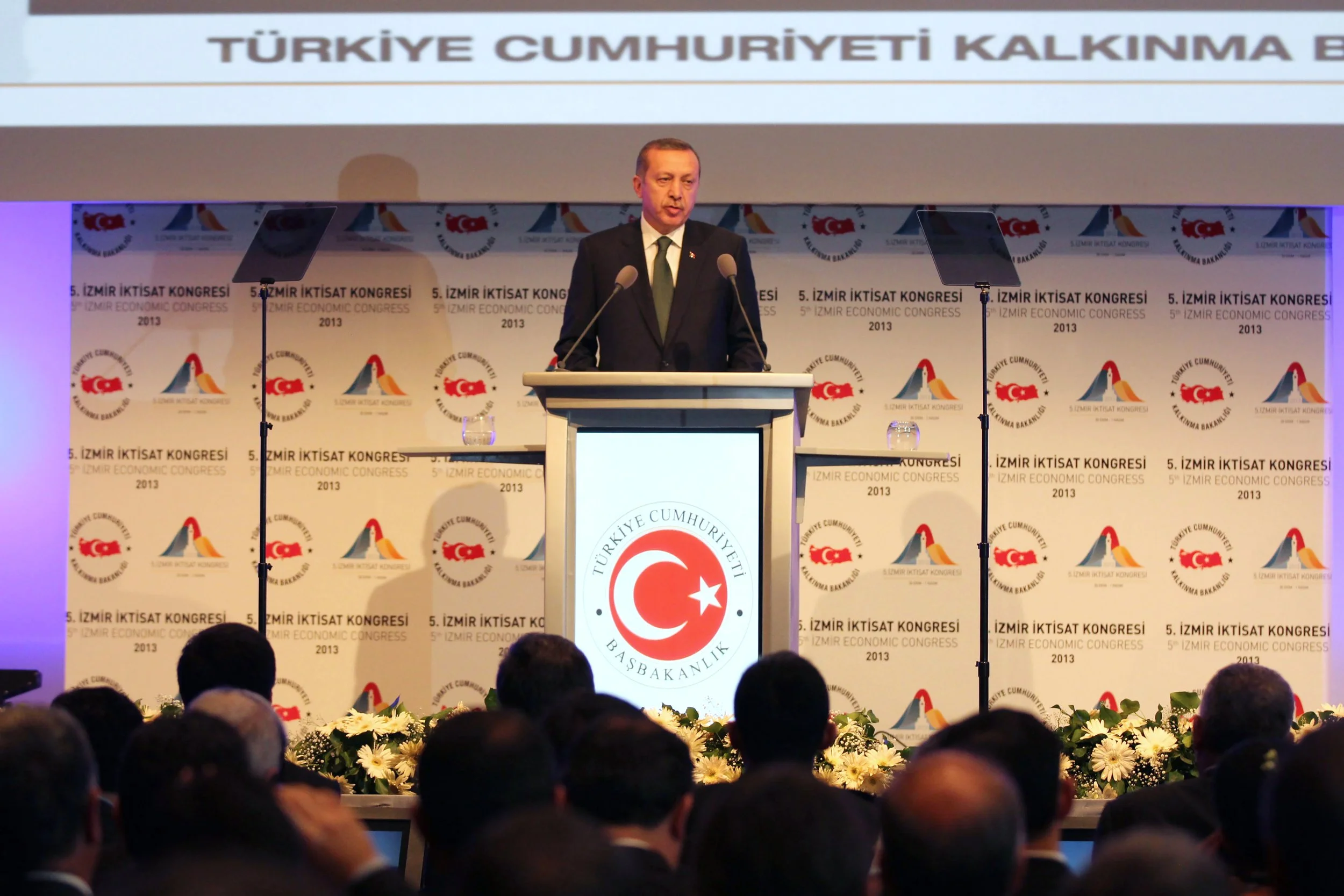Srijan Shukla attributes the partial resilience of the World Trade Organization despite recent political challenges to its institutional design, which is premised on consent-centric decision-making and the practice of legal pluralism.
Read MoreAlex Cherry argues that developing countries seeking to limit growth in their GHG emissions while meeting their populations’ protein needs must invest heavily in changing consumer attitudes and revive the social value of neglected plant-based sources over animal protein.
Read MoreBy leveraging its strategic geography, Malaysia stands to secure its sovereignty in the South China Sea by strengthening cooperation between ASEAN member states through the concept of ASEAN centrality, explains Seow E Kin Zane Ryan.
Read MoreHershel Tamboli examines the strategic role of genomic data in U.S.-China competition and recommends steps to navigate this and secure future U.S. innovation in biotechnology.
Read MoreAndrew Faulhaber explains how U.S. and Chinese interests in the Western Pacific are at odds with each other and presents three strategic options for the U.S. Department of Defence.
Read MoreDarryl Alexander argues that the newfound global condemnation of unjustified military force by Russia against Ukraine provides the United States with an opportunity to reaffirm its dedication to a multilateral order that prioritizes diplomacy over militarism.
Read MoreCultivating leaders who value fundamental human rights and dignity should be the teaching and practicing model at the Jackson School of Global Affairs and beyond, argues Rayhan Assat.
Read MoreAlthough social movements in Israel and the occupied Palestinian territories (oPt) differ in methodology, strategy, and an understanding of the cost necessary to accomplish peace, many still share the common goal of bringing an end to the Israeli-Palestinian conflict. Rev. Dr. Mae Elise Cannon and Kevin Vollrath examine how these movements define the core issues of the conflict.
Read MoreIn lieu of the unbridled, markets-and-economics-over-ideology approach to globalizing trade and capital flows that dominated the three decades after the end of the Cold War, we now observe prominent global players cultivate ever-closer ties with counterparts that share similar worldviews. Brian Wong examines this ongoing process of financial balkanization and cautions against its dangers.
Read MoreSarah Stortz argues that the international community has an opportunity to support democracy in Sudan, if it is willing to learn from its past mistakes.
Read MoreHow can the U.S. Strategy on Countering Corruption deliver? The case of Albania suggests that instead of simply designating certain politicians as corrupt, the United States should collaborate with local activists to foster openness, newness, and competitiveness inside the body politic, writes Dosti Banushi.
Read MoreTo enable the full inclusion of poor and marginalized populations—including, and especially, smallholder farmers and indigenous communities—in the process of and benefit from food systems transformation, institutional innovations in social, business, and policy systems must accompany investments in technology-based innovations, Kyriacos Koupparis advocates.
Read MoreIt is in the national interest of the United States to deter a hostile PRC takeover of Taiwan. Lt Samuel Winegar explores how might the United States and its regional partners best prepare the battlefield for potential conflict or better yet, deter PRC aggression without fighting.
Read MoreZhi Han Tan discusses how denouncing “Chinese privilege” bears a diplomatic function beyond domestic repercussions.
Read MoreIn just the last two decades, how did Turkey reverse so many democratic gains, engage in dozens of military interventions, and witness one party under one leader turn the one-hundred-year old nation into a one-man regime? Rimon Tanvir Hossain reviews Dimitar Bechev’s Turkey Under Erdoğan.
Read MoreSrijan Shukla finds that effective economic rights have a positive relationship with developing countries’ trade flows.
Read MoreHow can governments and funders combat the global education crisis caused by the COVID-19 pandemic? Piper O’Keefe argues that the key is to invest more resources in teachers—not simply ask more of them.
Read MoreBrianda Romero Castelán explains how carefully crafted portraits of Afghan women in US politics have obscured the damages caused by the American occupation that, in more than one way, prevented them from achieving fundamental human rights.
Read More



















